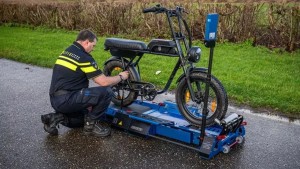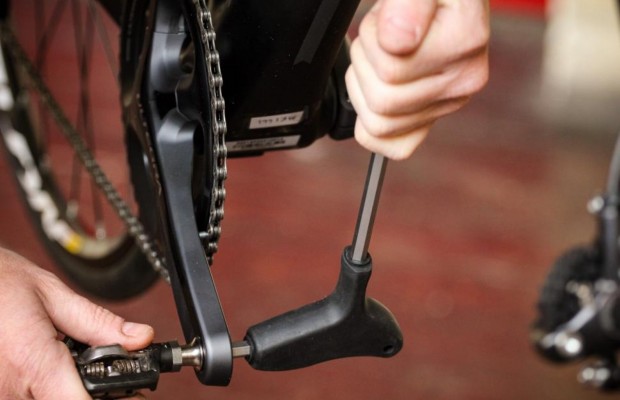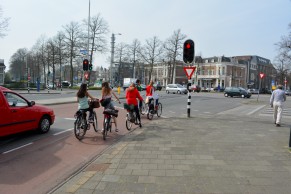New police mobile device against modified e-bikes
The generalization of e-bikes is bringing new problems to the world of cycling, especially in urban areas. One of the most serious issues is the tampering of motors to avoid the legal limitation that, at the European level, sets the maximum speed at which the motor can provide assistance at 25 km/h.

Netherlands declares war on modified e-bikes due to their high accident rate
Electric bikes are becoming a real road safety problem in the Netherlands. In addition to already traveling at a faster pace than regular bikes, many users modify them to remove the 25 km/h assistance restriction or directly acquire models known as powerbikes, electric models that exceed that speed, although they are limited to 45 km/h, and even have a throttle so that users do not have to pedal, and according to regulations, they must be registered as mopeds.
The problem worsens in the Netherlands due to the obligation to use their extensive network of bike lanes, most of which have the usual chaotic city layouts or run at sidewalk level, making the presence of bikes that are like small motorcycles with pedals a real danger. In fact, the proliferation of this type of bike is a significant factor in the 190 cyclists deaths recorded in the Netherlands in 2022 awaiting the 2023 figures, which, if the trend of recent years continues, is likely to have increased.
RECOMENDADO

How to wash your bike at a gas station without ruining it

Tips for staying motivated to go out riding when cold, rain or night lurk

Can I go cycling with the flu or a cold?

He invented the idea of jumping over the planks, which earned him a World Championship against Van der Poel

How to change the pedals of any bike in 5 steps

Is it possible to do base training when time is short?

To try to control e-bikes that exceed 25 km/h, the Dutch police have introduced a mobile device that can be used for on-site checks to verify if e-bikes comply with current regulations.
The device is a kind of power bench on which police officers can place the bike and check the speed at which assistance is provided, and it is suitable for checking both conventional e-bikes and powerbikes, which are very common in those areas. Additionally, they can also verify that the walking assistance system, which allows pushing the bike at a maximum speed of 6 km/h established by law, does not exceed the limit since, after all, that device functions as a throttle, something prohibited for e-bikes. In fact, this is another common irregular modification found in e-bikes.

247 of these new e-bike testing benches have been distributed to police stations throughout the country, replacing the older ones that, in some cases, have been in use for over 15 years in an effort to increase control over these bikes, with fines of up to €250 for offenders.